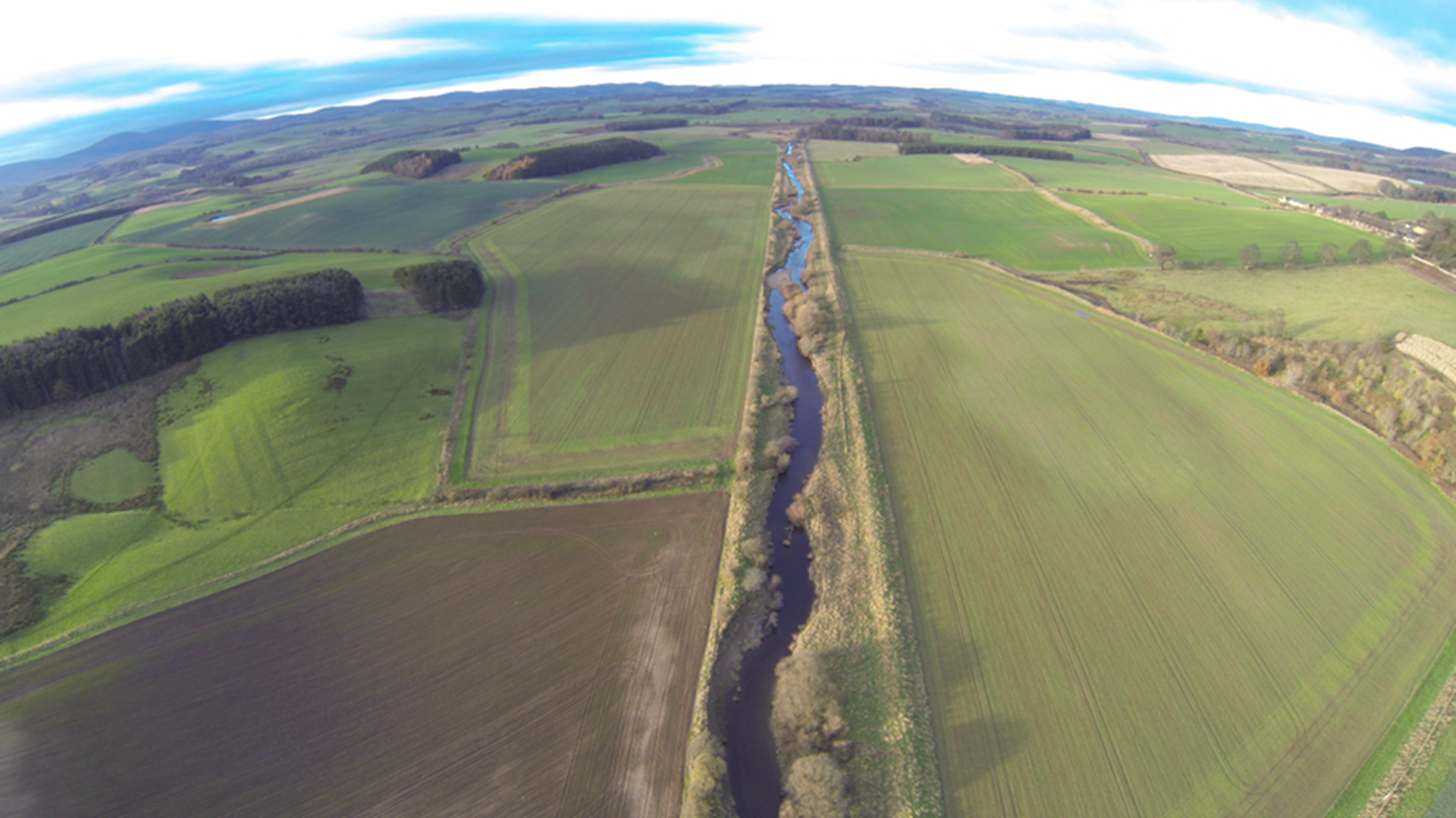One of the largest undertakings of its kind has finally started in the Beamish Valley, reinstating a depleted meandering water system in a bid to breathe new life back into the landscape.
Over several centuries, the River Till, which runs through the Northumberland National Park, has been straightened and modified to support intensive farming. As a result, native ecosystems have been severely impacted, leading to a loss of plant and animal species.
Designated and area of high conservation and ecological importance, and a Site of Special Scientific Interest, the region is still home to a number of unique habitat types and protected flora and fauna. Work has been ongoing to try and preserve what remains, and efforts are now set to take a leap forward thanks to a collaboration between the Environment Agency, Tweed Forum, Natural England and the landowner, Harehope Estate.
‘This exciting project will help return the River Breamish to a dynamic, more natural state and bring a variety of benefits for water quality, habitats and biodiversity. We’re working with the natural processes of the river to bring it back to life,’ said Jim Heslop, Environment Manager at Environment Agency in the North East. ‘This will be one of the largest restoration projects of its kind in the country, ensuring that as well as bringing a boost for wildlife, generations to come can enjoy everything this beautiful river in scenic Northumberland has to offer.’
Led by LIFE WADER (Water and Disturbance Environmental Restoration), a £5.8million nature recovery project which will end next year, the next phase of this major scheme will see the River Till reconnected to the floodplain to create more natural and resilient habitats. Wetlands will considerably increase in size, transforming the landscape back to a more natural form. The original blueprint for this was first laid out in 2019, with planning approved in 2024 and work beginning late-May. Completion is now set for the end of summer, with a film being made to chart the efforts and due for release next year.
‘Sadly UK rivers are in crisis – with only 14% nationally in good ecological health. Our rivers have been deteriorating for a long time through intensive management and manipulation,’ said LIFE WADER Project Manager, Liz Humphreys. ‘Flood embankments, dredging, channel straightening and weir-creation have all reduced floodplain connectivity, removed habitats and obstructed the passage of migratory fish. By taking our cues from nature we can restore natural processes and habitats and bring the river ecosystem back into a state of balance.’
‘This ambitious project will be one of the biggest of its kind in England and we, as part of a collaborative partnership, are excited to be on the vanguard,’ she added. ‘By working closely at the catchment-scale with the Environment Agency and Tweed Forum as well as the landowner and stakeholders we can accelerate progress toward a sustainable balance between land use and nature-recovery for the long term.’


















